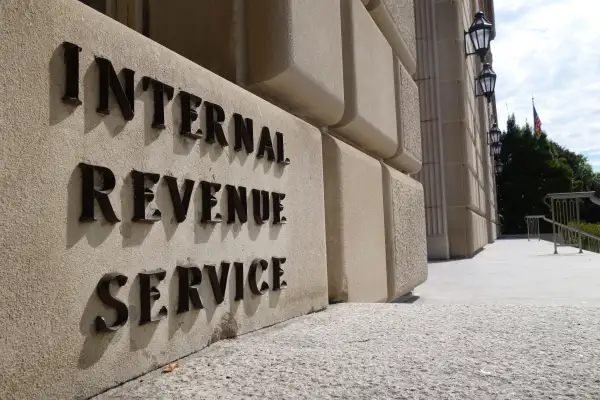Why You Should Want the IRS to Conduct More Audits and Bust Tax Cheats

Tax cheaters make it hard on the people who dutifully pay their taxes. If everyone were to pay their fair share—or the amount the IRS requires you to, depending on your point of view—taxes could actually get lowered. With this in mind, as well as the U.S.'s constant budgetary soap operas, the IRS is looking for new ways to get people to pay.
The voluntary compliance rate of taxpayers is 83%, according to the most recent numbers from 2006. This means a significant portion of people and corporations are not paying—to the tune of around $450 billion in unpaid taxes. According to The New York Times, the IRS has been able to track down $65 billion of that, but a giant $385 billion chunk has never been paid. What's more, the IRS says that its slashed budget has hurt its ability to recoup unpaid taxes, and this in turn has cost the country $20 billion in lost tax dollars.
Needless to say, there's a significant hunger to curb tax delinquency. While standard auto-withholding doesn't cause many problems, self-reporting is left wide open with an evasion rate up to 56%, according to the Times. Or off-shore bank accounts, for example—only 5% of the 20,000 UBS bank accounts in Switzerland weren't hidden from the IRS, according to a Senate report.
Certain studies have shown that a small portion of tax evaders will pay up when confronted with campaigns that evoke guilt and personal responsibility. But as the Times notes, it's pretty clear that the stick works much better than the carrot, cynical as that is. The threat of an audit, a fine, or jail time is the most effective strategy. But it only works if the agency can afford to enforce its rules.
“If people think they’re not going to get caught if they cheat,” the IRS commissioner John Koskinen said at a recent conference where he bemoaned the budget cuts that declaw the country's accounts receivable department. "Or they’re just fed up because they can’t get the help they need from us to file their taxes, the system will be put at risk, and voluntary compliance is likely to suffer."